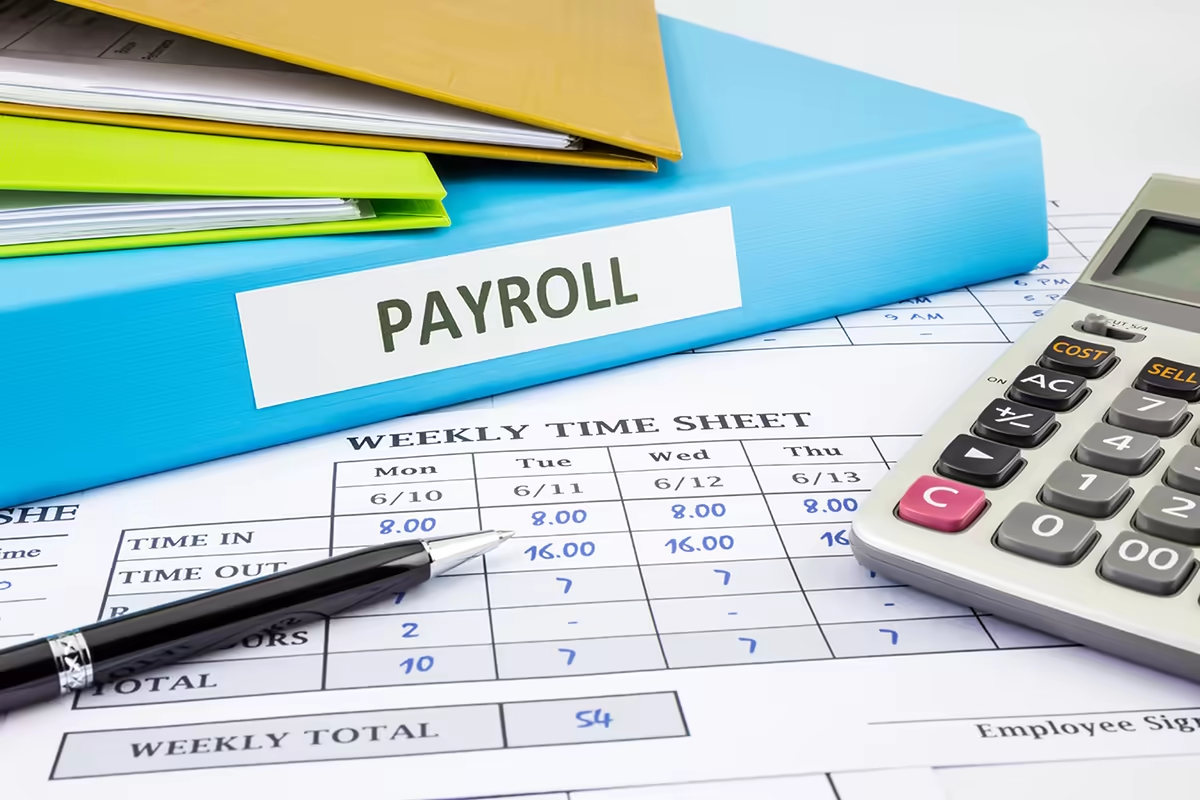In the world of business, it's easy to overlook the profound connections between different operational aspects. One such overlooked connection is that between payroll and employee rights. When done right, payroll can serve as an instrument for safeguarding employees' rights, leading to a more empowered workforce and a more balanced and productive working environment.
This article will explore six crucial ways in which payroll and employee rights are intertwined.
Pay Stubs And Transparency
The first and perhaps most apparent connection between payroll and employee rights is the humble pay stub. When employers make a check stub for every pay period, it provides a clear, itemized record of earnings and deductions. This information not only builds trust between employers and employees but also ensures transparency – a crucial aspect of employee rights.
Employees have the right to know how much they're being paid, the amount of tax deducted, and other contributions or deductions. In many places, employers are legally obliged to provide a check stub to their employees. This not only ensures employees' rights to access this information, but it can also help resolve any misunderstandings or disputes about pay.
The Role Of Payroll In Fair Compensation
Another key aspect linking payroll to employee rights is fair compensation. Payroll systems must be designed and managed in a way that ensures every worker is paid fairly for the work they do. This means respecting minimum wage laws, providing equal pay for equal work, and compensating for overtime as per the labor laws.
A robust payroll system can help maintain fairness in compensation by accurately tracking hours worked, categorizing employees correctly, and maintaining parity in payment calculations. All of these aspects are crucial in upholding employee rights to fair pay.
Safeguarding Against Wage Theft
Wage theft occurs when employers do not pay their workers for all their time worked. This can happen through various means like unpaid overtime, illegal deductions, not paying for training, or even failing to give employees their last paycheck after they quit or get fired.
A well-managed payroll system plays a pivotal role in preventing wage theft. By accurately tracking work hours, overtime, and deductions, it ensures that employees receive payment for all the work they've done, thus safeguarding their rights.
Benefit Management And Employee Rights
Payroll systems often manage more than just wages. They handle various employee benefits, including health insurance, retirement contributions, paid leave, and more. As such, payroll plays a crucial role in ensuring that employees receive the benefits they're entitled to.
By accurately tracking and managing these benefits, payroll systems help uphold employee rights to these entitlements, ensuring employees get what they're owed and contributing to overall job satisfaction.
Ensuring Compliance With Labor Laws
Payroll plays a crucial role in ensuring compliance with labor laws. These laws cover everything from minimum wage to overtime pay, and they exist to protect workers' rights.
By properly calculating wages, deductions, and benefits, payroll systems help companies comply with these laws, thereby protecting employees' rights and avoiding potential legal issues for the company. Moreover, in case of any disputes or inspections, a well-maintained payroll system can provide the necessary documentation to demonstrate compliance with labor laws.
Encouraging Job Security And Worker Loyalty
Lastly, the payroll system has a significant impact on job security, one of the key aspects of employee rights. Job security refers to the stability and continuity of employment. When employees are sure that they will consistently receive their rightful wages and benefits, they are more likely to feel secure in their jobs.
Moreover, timely and accurate payroll can enhance worker loyalty. When an employee receives their pay on time, every time, it builds a sense of trust and reliability. If an organization fails to pay its employees promptly and correctly, it might foster feelings of uncertainty and doubt. However, when a company shows that it values its employees by ensuring an accurate and punctual payroll, it instills confidence in its employees, which can lead to increased loyalty and job satisfaction.
Conclusion
Payroll may seem like a mundane administrative task, but its impact on employee rights is significant. From creating pay stubs that promote transparency to ensuring fair compensation and compliance with labor laws, the role of payroll in safeguarding employee rights cannot be understated. A well-managed payroll system not only protects the rights of employees but also helps foster trust and promote a productive, harmonious working environment.



